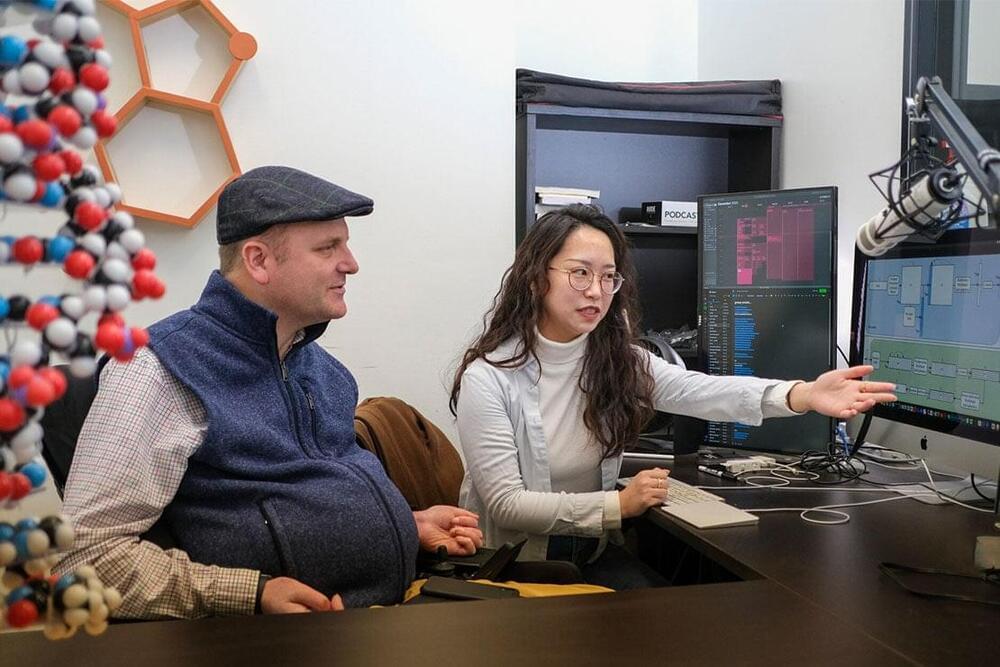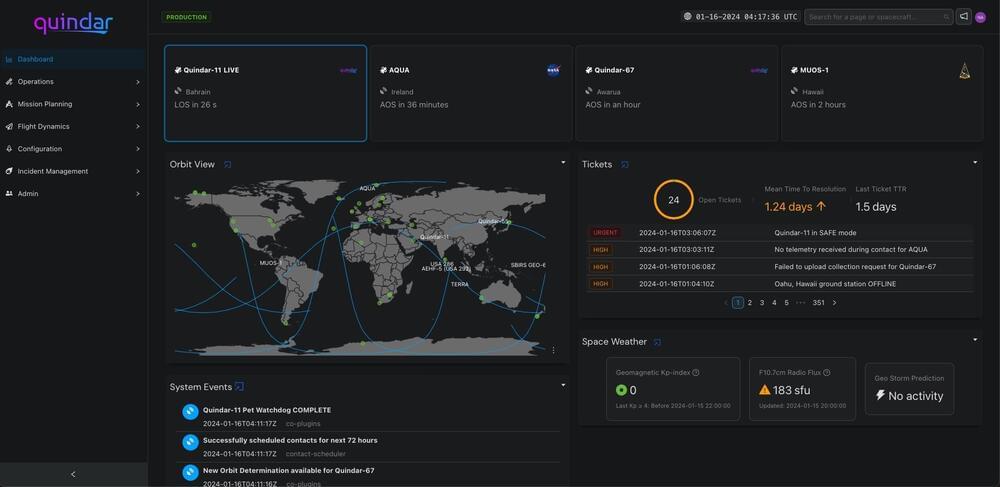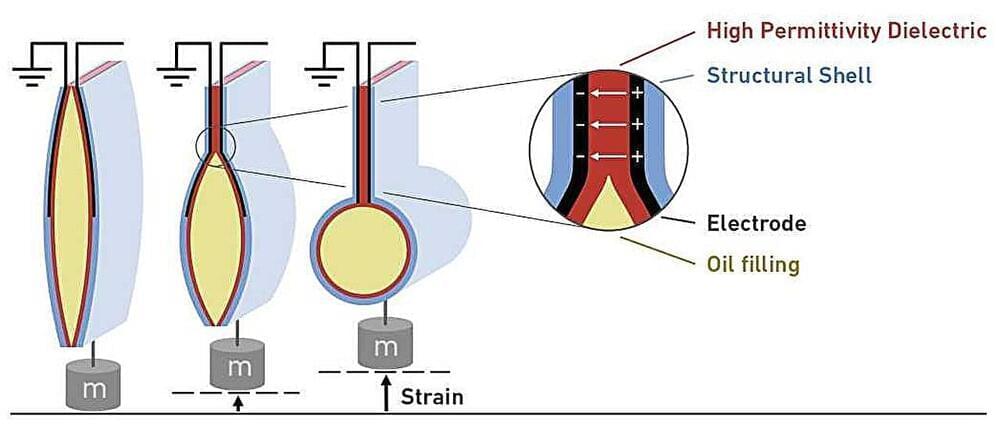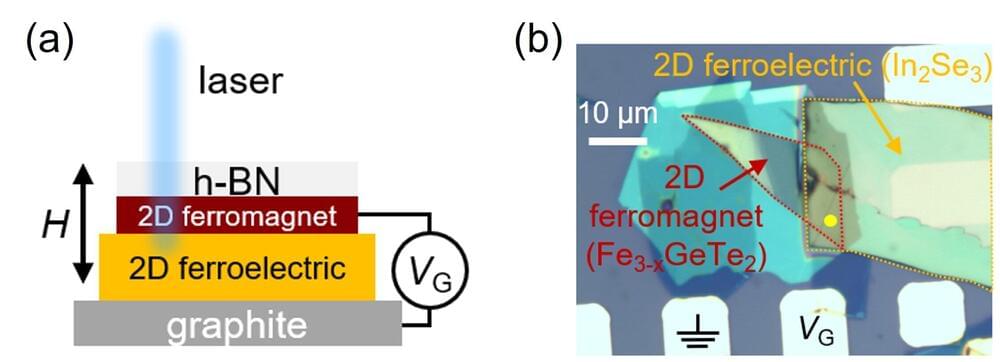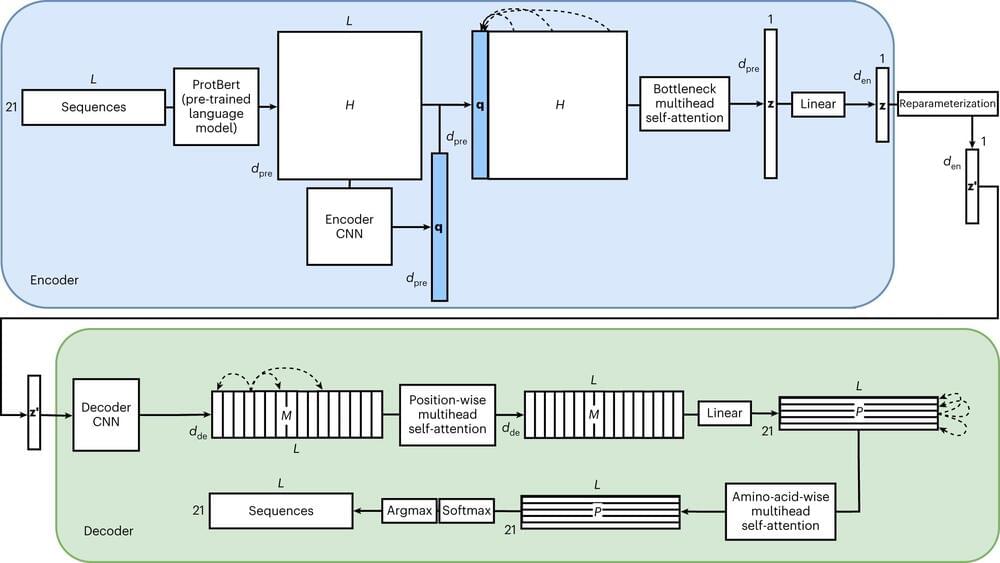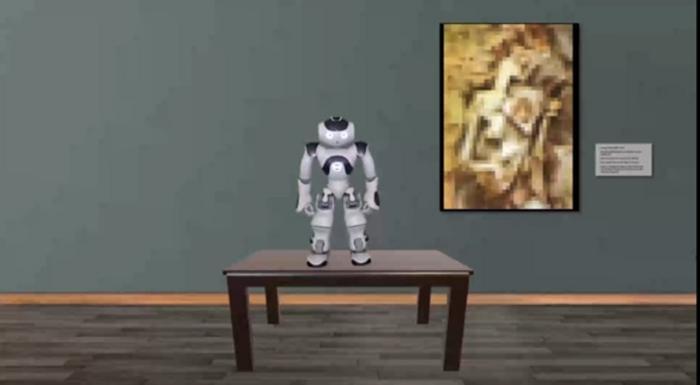
Would social robots speaking in a familiar accent or dialect enable you to trust them more, or perhaps perceive them to be smarter? This is what a recent study published in Frontiers in Robotics and AI hopes to address as a team of researchers led by the University of Potsdam in Germany investigated how a social robot’s dialect using a Nao robot impacted its interaction with a human counterpart. This study holds the potential to help scientists and the public better understand behavioral and social norms between humans and robots, especially with the rapid advancement of artificial intelligence (AI) around the world.
For the study, the researchers conducted a survey-based study with 120 German native speakers who lived either in Berlin or Brandenburg to determine their satisfaction level with a Nao robot speaking German in a Berlin accent, the latter of which is considered working-class and informal accent in Germany. The participants were asked to watch a video of the Nao robot and fill out the questionnaire regarding if they trusted or found the Nao robot to be smarter with the Berlin dialect. In the end, the researchers found a positive correlation between participants who spoke with a Berlin dialect and the Berlin-dialect Nao robot.
“If you’re good at speaking a dialect, you’re more likely to trust a robot that talks the same way,” said Katherine Kühne, who is a PhD student at the University of Potsdam and lead author of the study. “It seems people trust the robot more because they find a similarity.”
